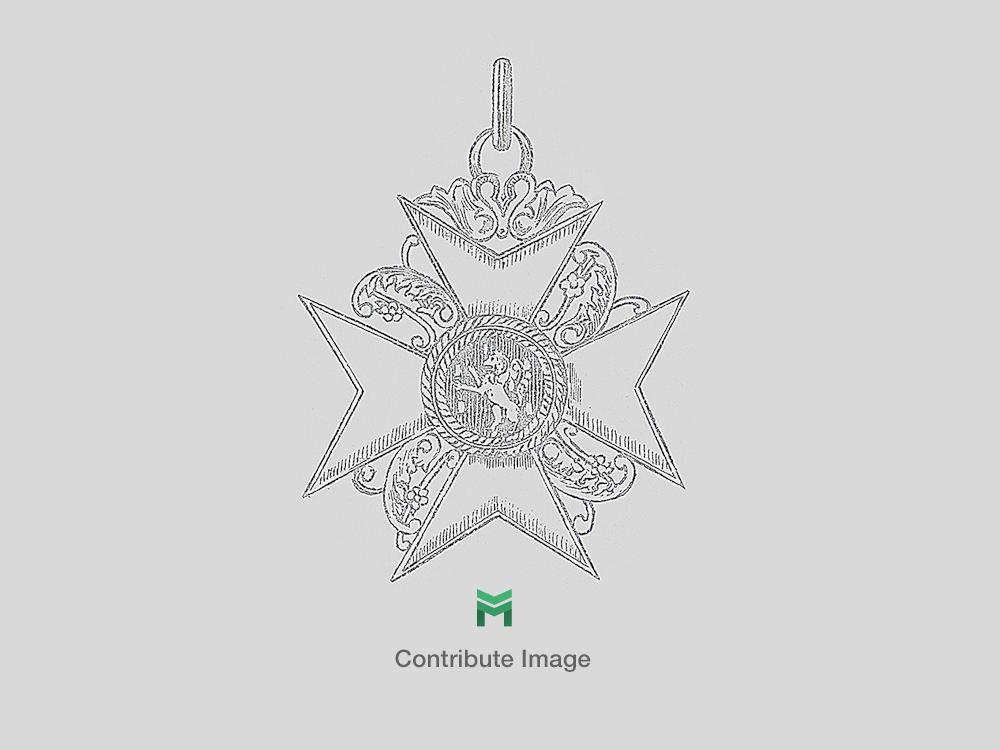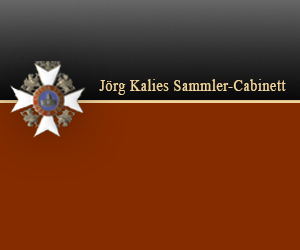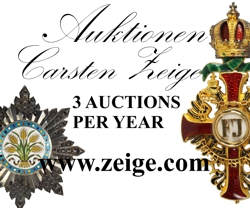Aviation HJ Oberkameradschaftsführer Shoulder Boards
SKU: 31.GOR.03.02.02.02.02.006
Estimated market value:

Estimated market value:
Attributes
History
Shoulder boards in the Hitler Youth identified the wearer’s rank and deployment. They were first standardised in 1933 and worn on both shoulders. Lower ranks wore shoulder straps, while leader ranks wore the stiffer shoulder boards. For the sake of simplicity, the term “shoulder boards” will be used to refer to both from here on.
The shoulder boards for the specialised HJ sub-groups will be shown in the 1938 pattern unless otherwise indicated. Early shoulder boards were generally in brown, while those worn after 1938 were black.
The 1938 pattern of Hitler Youth shoulder boards was introduced on September 30, 1938. The shape still featured a pointed tip at the neck, however, some shoulder boards had a rounded top instead. The colour of all shoulder boards was changed to black.
Branch colours were introduced and Oberbann colours discontinued. The branch colours were featured in the shoulder boards’ piping and embroidery.
Branch colours were as follows:
Regular HJ: red
Motor HJ: pink
Aviation HJ: light blue
Signals HJ: yellow
Landjahr: green
Naval HJ: golden-yellow on a dark blue base
HJ patrol service: white
NPEA: white
Staffs: carmine
Reichsjugendführung: silver
HJ units stationed outside of Germany used the following colours:
Europe: red
America: yellow
Asia: green
Africa: blue
Australia: white
Ranks were as follows:
Stabsführer: three gold-coloured oak leaves and two acorns with two gold-coloured pips.
Obergebietsführer: three gold-coloured oak leaves and two acorns with one gold-coloured pip.
Gebietsführer: three gold-coloured oak leaves and two acorns.
Hauptbannführer: two silver-coloured oak leaves and acorns with one silver-coloured pip.
Oberbannführer: two silver-coloured oak leaves and acorns.
Bannführer: one silver-coloured oak leaf and one acorn.
Oberstammführer: four silver-coloured pips, forming a square, and one silver-coloured bar at the base.
Stammführer: four silver-coloured pips, forming a square.
Hauptgefolgschaftsführer: three silver-coloured pips and two silver-coloured bars at the base.
Obergefolgschaftsführer: three silver-coloured pips and one silver-coloured bar at the base.
Gefolgschaftsführer: three silver-coloured pips, one above two.
Oberscharführer: two silver-coloured pips, arranged horizontally, and one silver-coloured bar at the base.
Scharführer: two silver-coloured pips, arranged horizontally.
Oberkameradschaftsführer: one silver-coloured pip and one silver-coloured bar at the base.
Kameradschaftsführer: one silver-coloured pip.
Oberrottenführer: two silver-coloured bars at the base.
Rottenführer: one silver-coloured bar at the base.
Hitlerjunge: no additional rank indicators.
Some shoulder boards featured embroidered letters in Oberbann/branch colour. Letters that can be encountered are the following:
B (Gothic letter): Bann (discontinued after 1936)
OB (Gothic letters): Oberbann (discontinued after 1936)
OG (Gothic letters): Obergebiet (discontinued after 1936)
A: Akademie (Reich Youth Leadership academy): silver
AHS: Adolf Hitler Schools: red for students, silver for leaders
NPEA: Nationalpolitische Erziehungsanstalten (National Political Institutes of Education): white
RFS: Reichsführerschule (Reich Leader School): red
RJF: staff of the Reichsjugendführung (Reich Youth Leadership)
B: Blinde (blind members): initially black on brown, then red on black
G: Hörgeschädigte (deaf or hard-of-hearing members): initially black on brown, then red on black
BS: Binnenschifffahrt (inland waterways): yellow
S: Seeschifffahrt (sea-going units): yellow
L (Gothic letter): Landjahr (rural community service): green
L: Bann München (Munich)
J: Bann Nürnberg (Nuremberg)
RS: Rundfunk-Spielscharen (broadcasting units): red
W: Wachgefolgschaft (guard unit) “Baldur von Schirach”: carmine
A red cloth bar or red twist cord at the base of the shoulder boards was used for volunteer war helpers.
Leaders who weren’t on active service but placed in the reserve wore a silver-coloured bar under the lower end of their shoulder boards.


Comments
Sign in to comment and reply.


Scroll Top